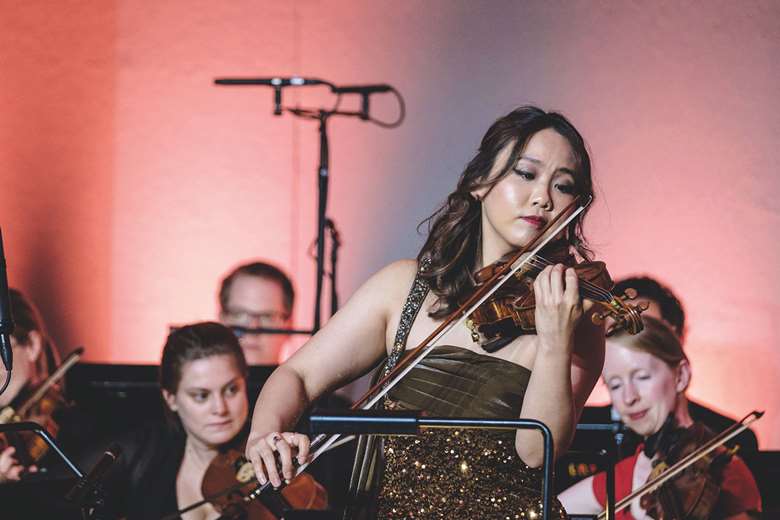Apple’s classical ambitions: how BIS and Platoon are looking to the future of classical music
James Jolly
Friday, August 9, 2024
In this month’s column, James Jolly finds out about Apple’s obvious commitment to classical music and, especially, about one of its two labels, the London-based Platoon

Register now to continue reading
Thanks for exploring the Gramophone website. Sign up for a free account today to enjoy the following benefits:
- Free access to 3 subscriber-only articles per month
- Unlimited access to our news, podcasts and awards pages
- Free weekly email newsletter








